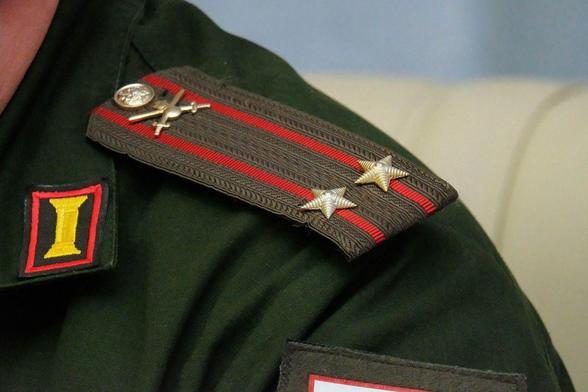2/ The pseudonymous 'Vault No. 8' comments that whereas the US has long understood the need to unburden senior officers, Russia "loaded them to the maximum, saying that the top brass knows better how to manage and distribute resources."
He provides "a few small details of this phenomenon in matters of supply," beginning with waybills to provide vehicles with fuel:
3/ "There is a separate sheet for each vehicle. Some sheets have separate points: permission to drive up to 200 km/h and drive at night."
Guess whose signature (and the official seal, of which there is still only one in the Zone, although each military unit has several command posts and drivers come to them all to fill out paperwork) is needed for permission for these special items?"
4/ "An amateur like me would say: the head of the vehicle service gives permission. It's logical, right? He's in charge of all the regiment's vehicles. No. That's not the right answer.
The next option: one of the regiment's deputy commanders? For example, the deputy logistics officer? No, that's not right."
6/ "No!
What's needed is... the personal... signature... of the UNIT COMMANDER! For each waybill, for each vehicle of the regiment, which is allowed to drive fast and drive at night - for example, all medical vehicles for evacuation and supply vehicles.
That's it - the personal signature of the commander. And nothing else.
* Although not a single military vehicle will accelerate to 200 km/h."
7/ "2. Leave ticket.
All war veterans have seen it. And again you, [in] a group of 30 people, are sent on leave ... exclusively with two signatures of the unit commander and an official seal.
Although leave tickets are usually prepared under the general supervision of the deputy political officer."
8/ "3. Distribution list for material property.
And again. "From cartridge to condom" – each list is approved only by the regiment commander. Personally. Although a lot of these lists go through each service and there are heads of services, as well as deputy commanders."
9/ The blogger complains that as a result of "this bureaucratic mess," unit commanders are "swamped with supply and political affairs". He observes that this distracts from their responsibility to plan and manage battles.
It's likely that such 'hypercentralism' has contributed to Russia's huge losses on the battlefield. Distractions from excessive bureaucracy will inevitably reduce the amount of time available to plan operations, resulting in them being poorly planned and organised. /end
The introduction of network-centric warfare has begun a similar run for centralisation in the West. The infamous FMV feed into the General's Office is a classic cliché from Afghanistan. With more social media and more near real time awareness comes disenfranchisement of on-site commanders. The West is on its way to what Russia is doing. Four-stars making platoon-level decisions.
Efficient systems of organisation and delivery don't work in a kleptocracy.
E.g.
https://threadreaderapp.com/thread/1874226415186403466.html
Oh yeah. There is no comparison yet. IT and near real-time ISR have pushed back on lower level commander's authorities. Still no comparison to Russia's centralism.
@ChrisO_wiki
